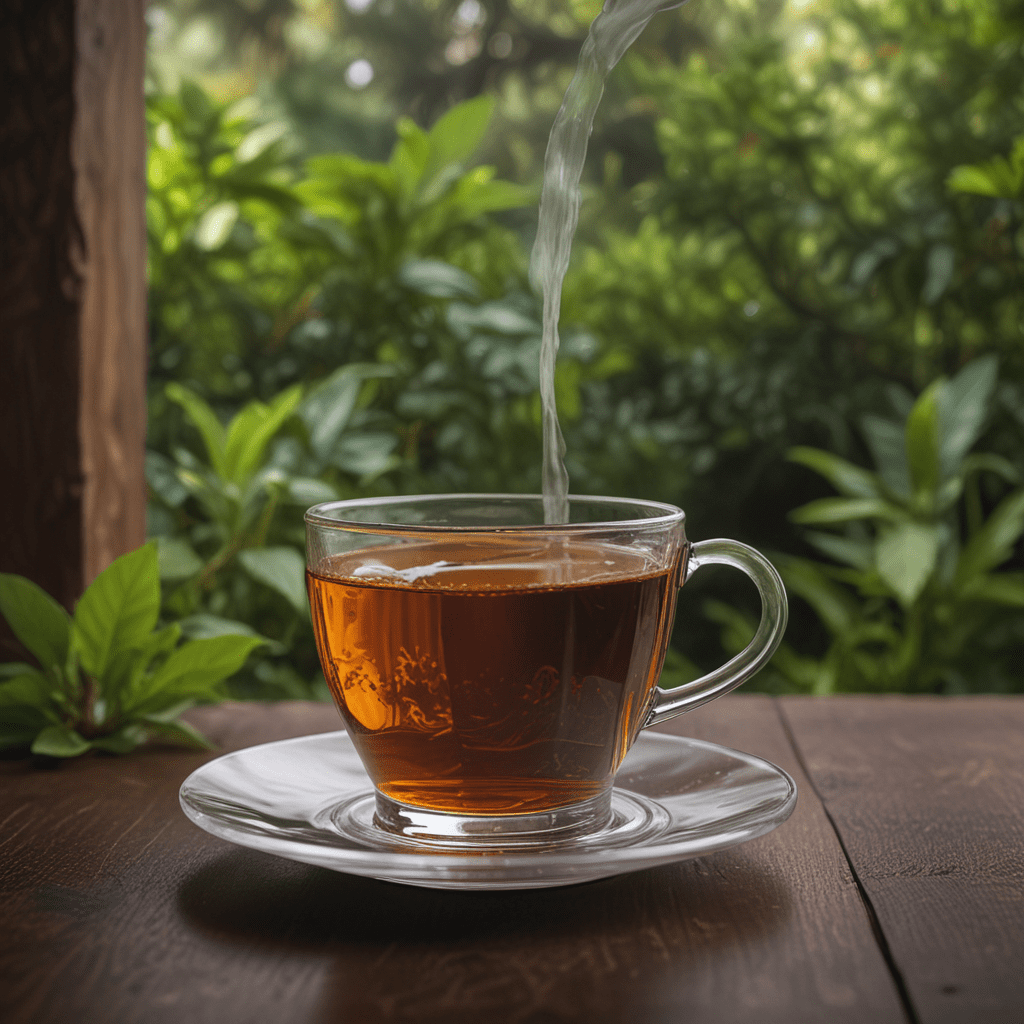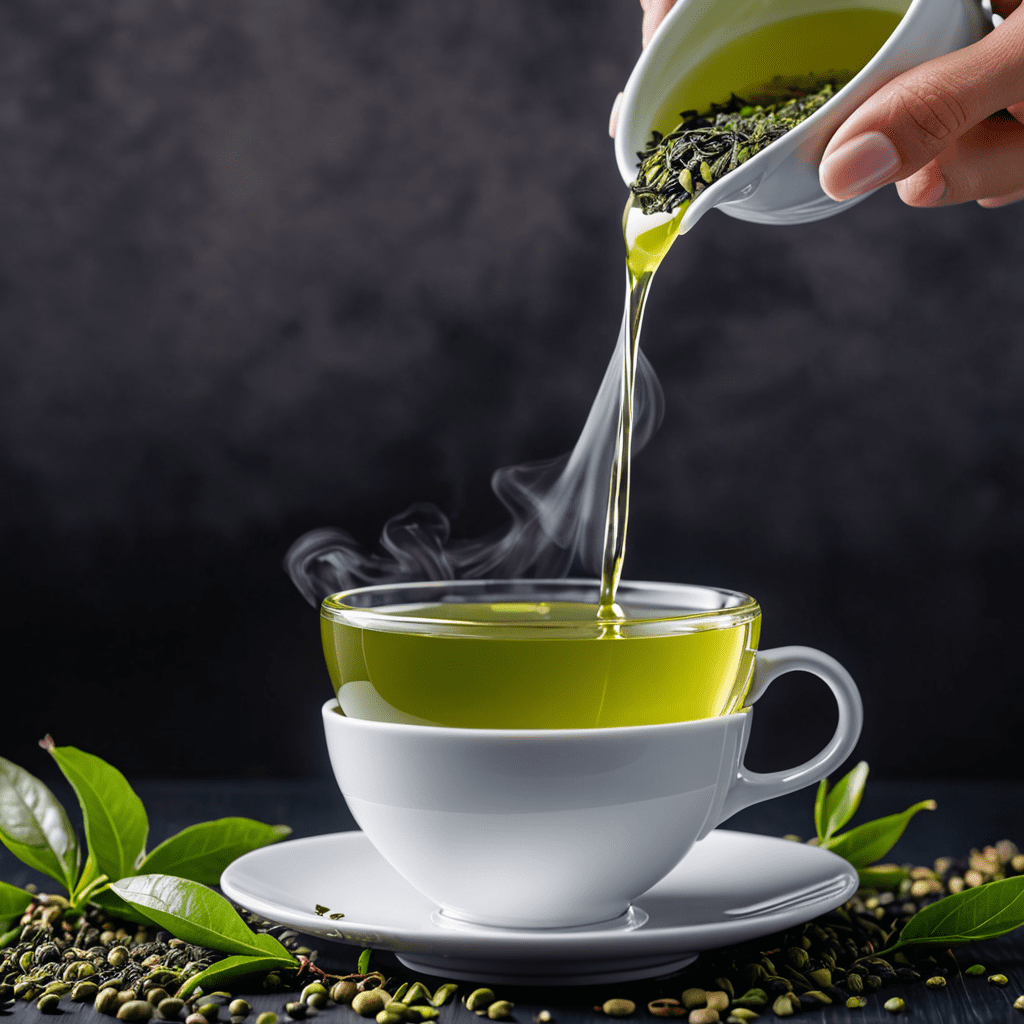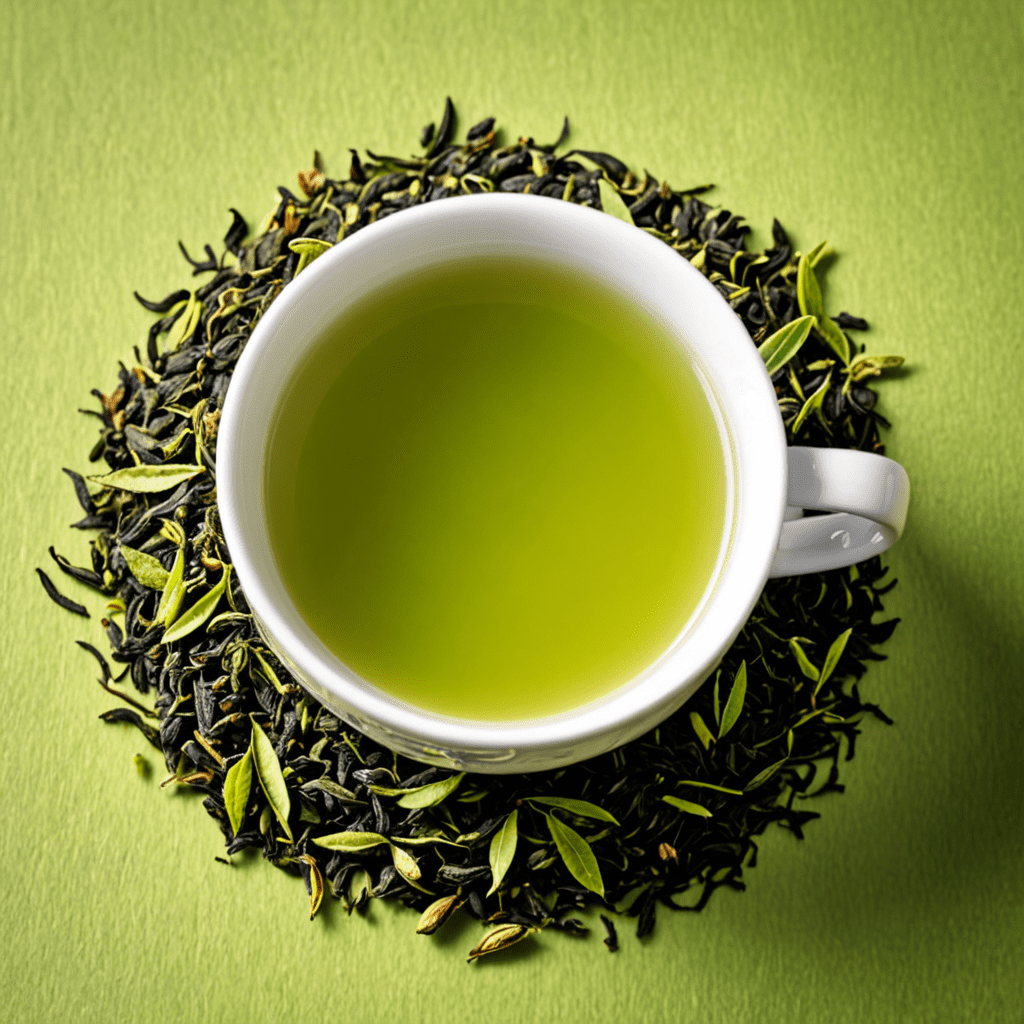1. Introduction
Ceylon tea, renowned for its distinctive flavor and aroma, has played a pivotal role in the global tea market. Originating in the lush hills of Sri Lanka (formerly Ceylon), this celebrated beverage has captivated tea enthusiasts worldwide, leaving an enduring legacy in modern tea culture.
2. Historical Origins
The cultivation and trade of tea in Ceylon have deep historical roots. The British Empire introduced tea plants to the island in the mid-19th century, transforming Ceylon into a major tea producer. The favorable climate and skilled workforce fostered the rapid growth of the tea industry, establishing Ceylon as a global powerhouse in tea production.
3. Geographical Factors
Ceylon's unique geographical position, coupled with its tropical climate and diverse topography, has a profound influence on the character of its tea. The island's highlands provide optimal conditions for tea cultivation, with well-drained soils and abundant rainfall. The mountainous terrain contributes to the development of complex flavor profiles, as tea plants adapt to the varying elevation and microclimates.
4. Processing and Types
Traditional methods of tea processing in Ceylon have been preserved over generations and continue to define the quality of the tea. The leaves are plucked by hand, ensuring optimal freshness and flavor. They undergo a series of processes, including withering, rolling, oxidation, and drying, which impart distinct characteristics to different grades and types of Ceylon tea.
5. Health Benefits
Ceylon tea is not only a delectable beverage but also a rich source of antioxidants and other beneficial compounds. Studies have shown that regular consumption of Ceylon tea may promote heart health, reduce inflammation, and improve cognitive function. Its nutritional value and health-promoting properties have contributed to its global popularity among health-conscious consumers.
6. Global Recognition
Ceylon tea has garnered international accolades for its exceptional quality and unique flavors. It has won numerous awards at prestigious competitions, including the Great Taste Awards and the International Tea Tasting Competition. Ceylon tea's reputation has spread far and wide, making it a sought-after beverage in markets around the world.
7. Modern Consumption Trends
In recent years, consumer preferences have evolved towards specialty teas that offer unique taste experiences. Ceylon tea has adapted to these changing tastes by introducing a range of specialty blends and flavored teas. Tea enthusiasts can now indulge in diverse varieties, from traditional black teas to aromatic herbal infusions and refreshing iced teas.
8. Sustainability and Ethical Practices
Sustainable farming practices have become increasingly important in the Ceylon tea industry. Tea plantations have adopted environmentally friendly methods to minimize their environmental impact. The use of organic fertilizers, soil conservation techniques, and responsible water management ensures the long-term viability of Ceylon tea production. Ethical considerations also play a significant role, with many tea plantations implementing fair trade principles to ensure fair wages and working conditions for their employees.
9. Innovations and Blends
Ceylon tea has witnessed a surge in creativity and innovation. Mixologists and tea enthusiasts alike have discovered new ways to enjoy this versatile beverage. Ceylon tea cocktails, showcasing its distinct flavors, have emerged as trendy libations. Iced teas, infused with fresh fruits and herbs, offer a refreshing alternative to traditional hot teas.
10. Future Prospects
The future of the Ceylon tea industry looks promising, with continued growth and innovation expected. As global tea consumption continues to rise, Ceylon tea is well-positioned to maintain its position as a leading producer and exporter. The industry's focus on sustainability and ethical practices, combined with its commitment to producing high-quality teas, will ensure its enduring appeal in the modern tea market.
Frequently Asked Questions (FAQs)
1. What makes Ceylon tea different from other teas?
Ceylon tea is known for its distinctive flavor and aroma, which are influenced by the unique climate and soil conditions of Sri Lanka. Its traditional processing methods further contribute to its unique character.
2. Is Ceylon tea healthy?
Ceylon tea is rich in antioxidants and other health-promoting compounds. Studies have shown that regular consumption of Ceylon tea may have beneficial effects on heart health, reduce inflammation, and improve cognitive function.
3. How should I brew Ceylon tea?
For the optimal brewing experience, use freshly drawn water and allow it to cool slightly before pouring it over the tea leaves. Use 1-2 teaspoons of loose tea per cup and steep for 3-5 minutes, depending on your desired strength.
4. Can I drink Ceylon tea iced?
Yes, Ceylon tea can be enjoyed iced. Brew a stronger pot of tea than usual and allow it to cool before pouring it over ice. You can add fresh fruits, herbs, or natural sweeteners to taste.
5. How do I store Ceylon tea?
Store Ceylon tea in an airtight container in a cool, dark place away from moisture and excessive heat. This will help preserve its freshness and flavor.


